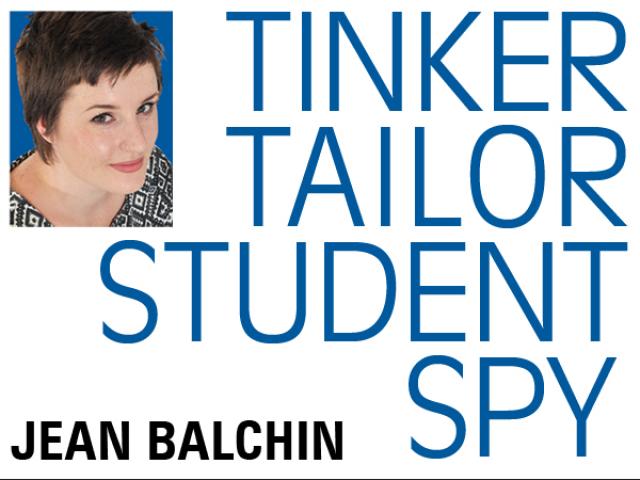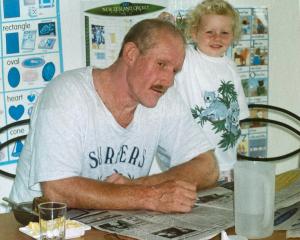

New Zealand has a horrific attitude towards mental health and suicide. Almost every week, we receive a new, damning statistic about suicide rates or the number of people being turned away from overcrowded hospitals.
There is too much stigma surrounding mental illness in New Zealand, and this extends to the student population, too. These statistics aren't just numbers in a survey. They are real people; our friends, family, co-workers and ourselves.
Two weekends ago, I had the privilege of taking part in the Silverline Wellbeing Festival, an Otago University and Polytechnic student-led mental health initiative run at the university. Silverline set out to ''challenge the struggle'' around talking about mental health.
We listened to speakers talk about dealing with anxiety and depression, drugs and alcohol, healthy relationships, suicide prevention and mindfulness and wellbeing.
I was lucky enough to share the story of my brother's suicide, and my own journey with depression, anxiety and suicidal thoughts. Unlike similar events I've attended, Silverline Festival enabled us to share our experiences in a supportive, positive and inspiring environment.
There were workshops, music performances, yoga sessions and a morning surfing in bright fluro gear at St Clair. The Silverline Festival challenged me, and taught me a great deal about how to support those around me. It was a safe, non-judgemental space and I believe a good many students left the festival with the ability to change lives.
I'd like to thank the brave speakers and workshop organisers, as well as the incredible team behind the festival. Thank you Richie Hardcore, for teaching us how to combat domestic and sexual violence. Thank you Irene Wakefield, for teaching us healthy relationships, mental and emotional abuse, and self-love.
Zane Pocock, I admire your ability to stand up and challenge our drinking culture. Grant Trebilco, thank you for sharing your story of OneWave, a global non-profit surf community. Damian Scarf, thank you for sharing your story of surviving anxiety and depression at Otago University.
To my dear friend Umi, it was wonderful hearing you challenge stereotypes surrounding disability. Finally, to all the students who attended Silverline - thank you, thank you thank you. I hope you are brave enough to continue these conversations and support those around you.
We need to encourage a national conversation about mental health, so we can reduce the shame and secrecy associated with mental illness. Compassionate and caring communities can save lives. Let's continue to talk about mental health issues openly and directly.
By identifying what we are feeling, we can make sense of our experiences, set a plan in motion, and regain a sense of calm. Let's also discuss seeking help as an act of strength - not an act of weakness. We should encourage and uplift those who ask for help, as well as familiarising ourselves with the resources and services available in our community.
Finally, I'd urge you to participate in local events, volunteer and share your story. If you have a leadership position at your job, perhaps you could promote mental health in the workplace.
If you are an avid user of Facebook or Twitter, share your story and encourage those around you. You never know who might be listening, or whose life you might save.
Jean Balchin is an English student at the University of Otago.












